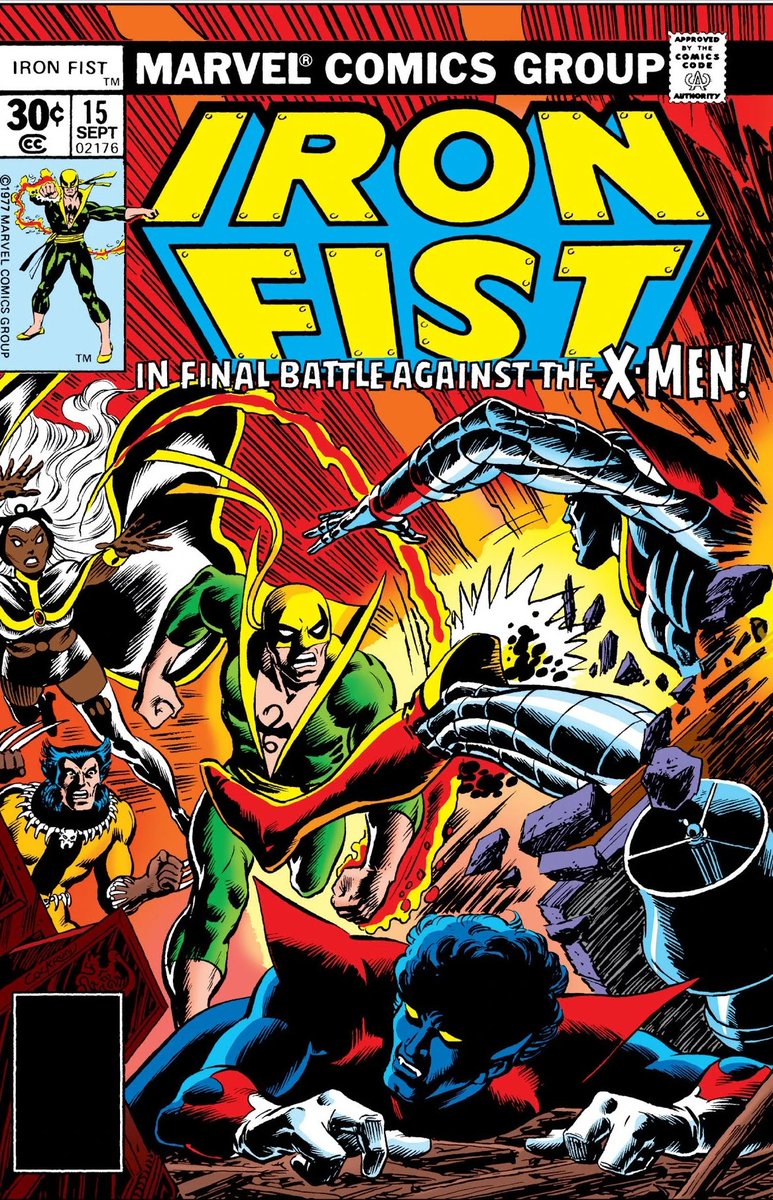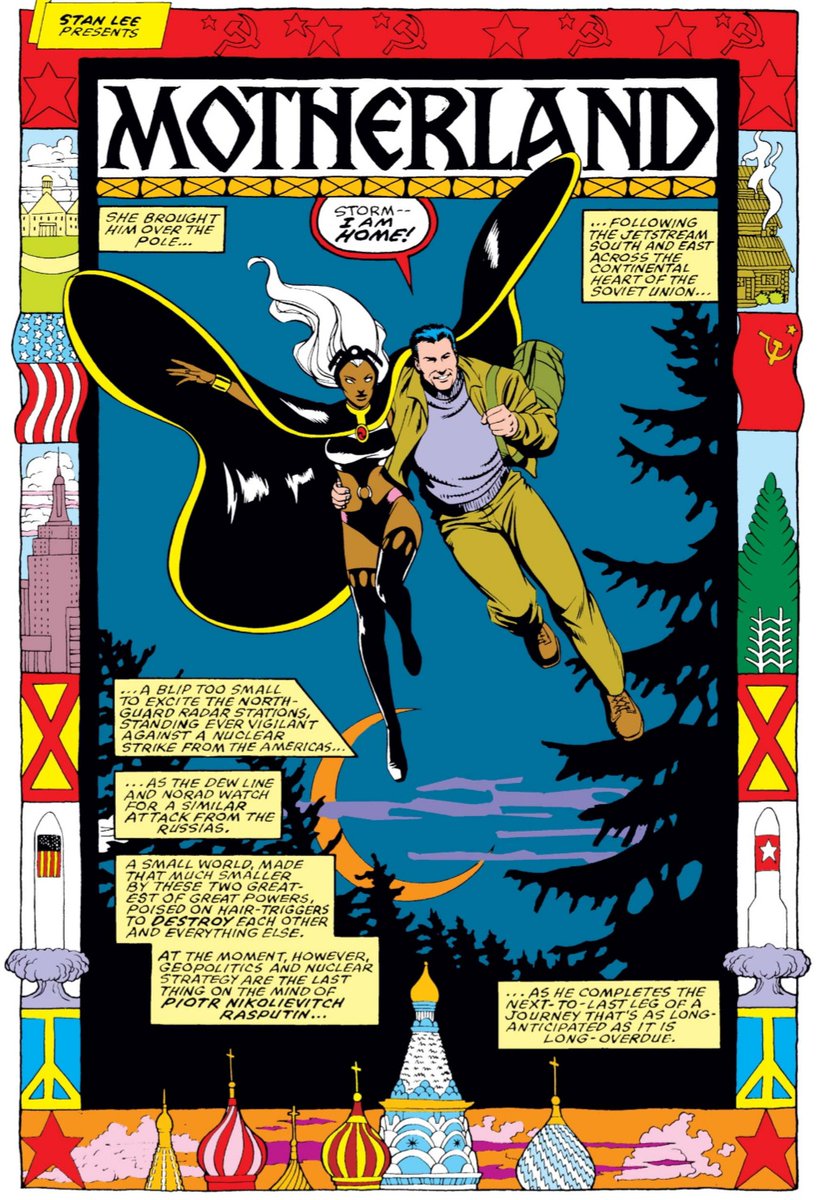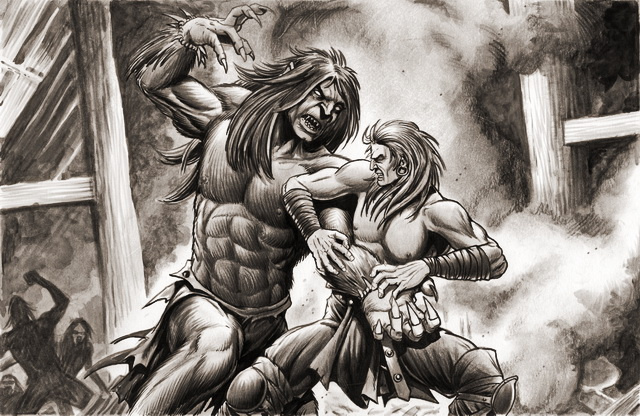
New Mutants 50-52 portrays the tragic breakdown of Illyana’s relationship with her surrogate father, Professor Xavier, helping to set in motion the events that ultimately lead the character toward a path of outright destruction in the Inferno to come. #xmen #newmutants #magik 1/9 
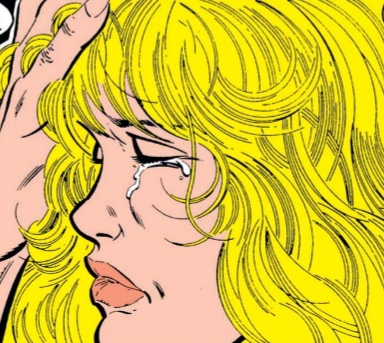
Issue 50 (somewhat cruelly) establishes the extent to which Xavier is viewed as a father in Illyana’s eyes through the extent of her jubilance at being rescued by him, but also through her reflection on the fact that Xavier has, in her eyes, earned the role of father to her. 2/9 

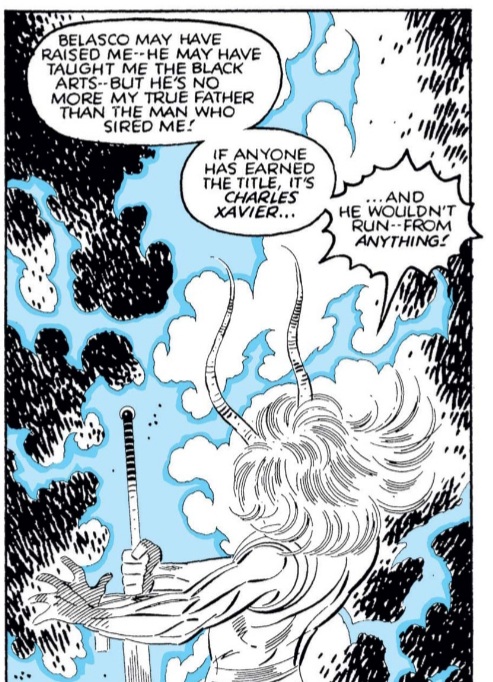

Moving beyond reaction and reflection, however, Illyana fully demonstrates her devotion to X in that same issue, by taking up her magical powers (despite having purposefully abandoned them) in order to protect Xavier, something he observes quite directly. 3/9 
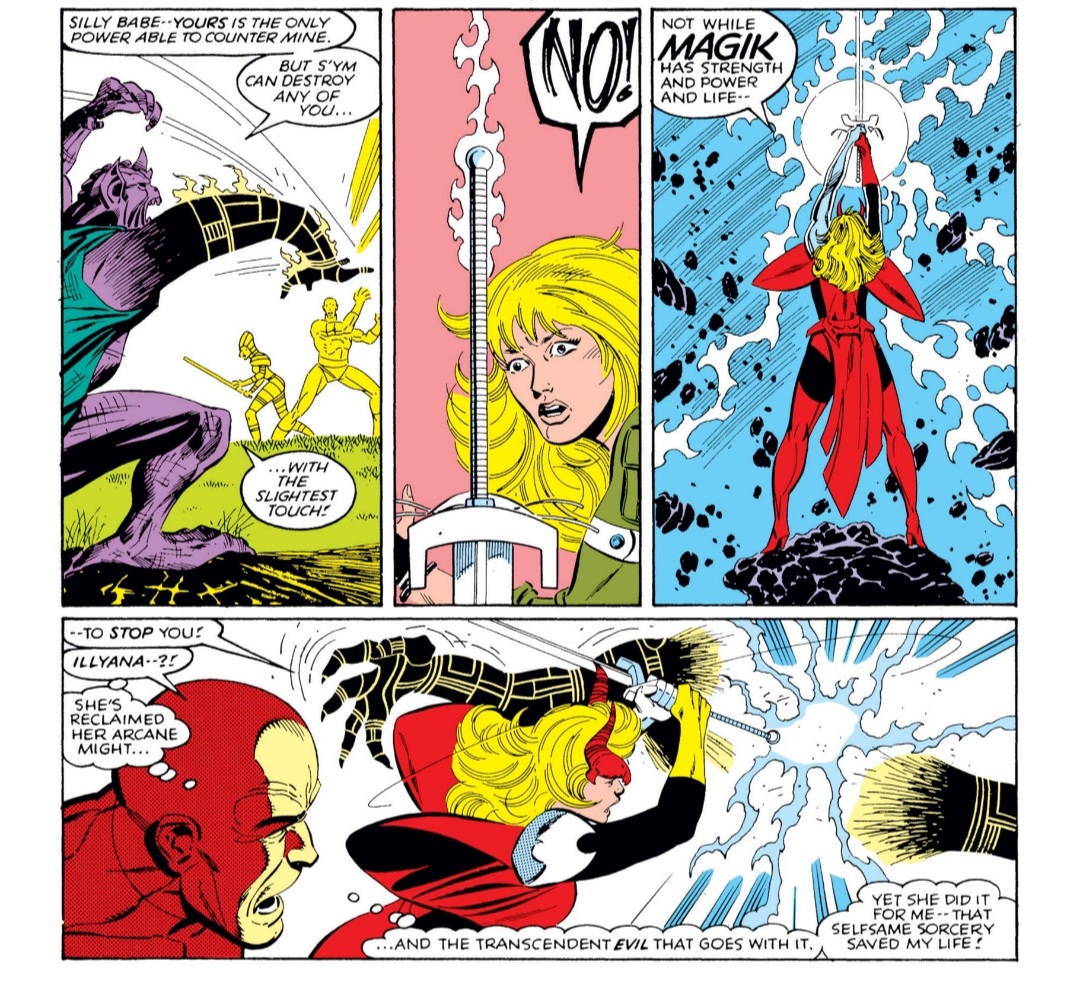
In issue 51, however, Xavier is put in an impossible position: Illyana is having a breakdown, but the safety of all the students (including Illyana) depends on Illyana’s teleportation powers. With nowhere else to turn, X orders Karma to possess Illyana. 4/9 

The betrayal is total in Illyana’s eyes, enhanced to the utmost degree by the fact that it specifically required Illyana (a former slave) to be forced against her will to pass through Limbo, the dimension in which her initial trauma occurred. 5/9 

It is also perhaps interesting that Illyana’s breakdown may be portrayed in a slightly juvenile light – at least in the way she’s acting out like a teenager locking herself in her room. Her childhood was stolen from her, thus the betrayal re-stages a similar forced maturity. 6/9 

Relatedly, the utilitarian use of Illyana’s power against her desires very much situates Xavier in the Belasco role. It’s not just that he fails as her mentor and protector, it’s that he becomes everything that she hates most in the world – a full circle fall from grace. 7/9 

Once safely home, Illyana is portrayed in a state of righteous anger. What could have been a supervillain turn is staved off, however, in the issue that follows, thanks to the appearance of an unlikely replacement mentor in Magneto. 8/9 

Magneto, however, becomes distracted by his White King role, leaving Illyana rudderless. Adding to this the absence of both her best friend and her brother, and Illyana is left to drown. But where others simply failed her, it is Xavier who betrayed her trust. 9/9 

• • •
Missing some Tweet in this thread? You can try to
force a refresh







